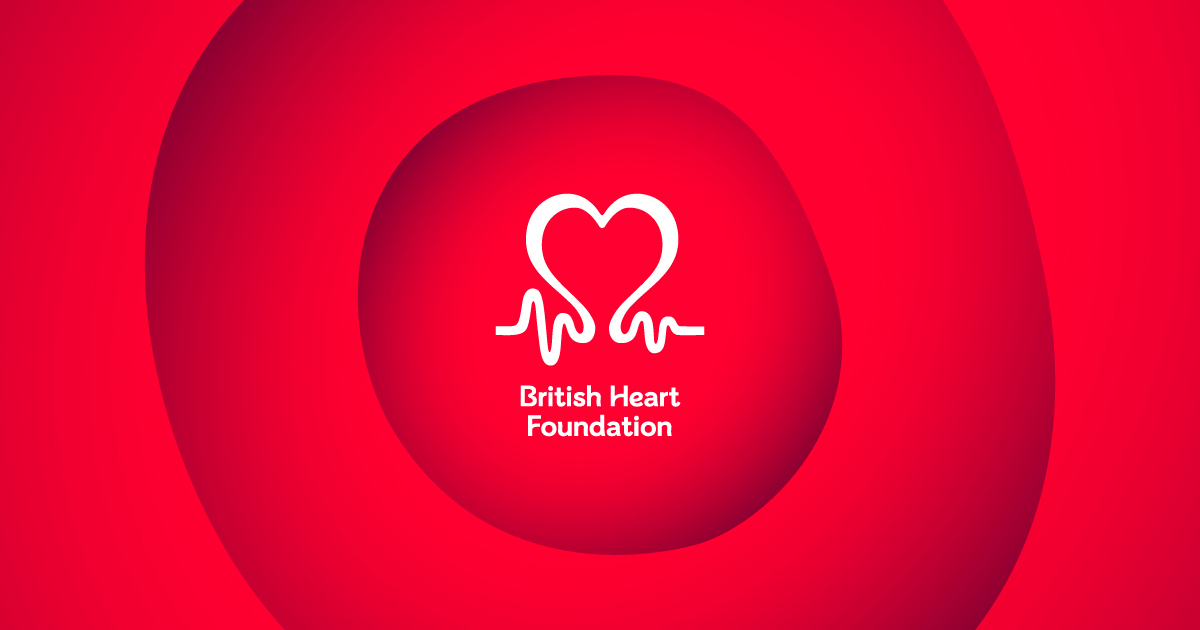Flying into a rage can make your heart race, but can a few minutes of anger really damage your health?
Earlier this month, several UK media outlets wrongly claimed that short bursts of anger increased the risk of having a heart attack or stroke for 40 minutes afterwards, and could lead to coronary heart disease in the long-term.
They were reporting on a new study in the Journal of the American Heart Association that found cells in people’s blood vessels stopped working properly when they were asked to remember something that made them feel angry.
The US researchers discovered that for 40 minutes after feeling angry people’s blood vessels did not widen as much as usual, which they said over time could lead to blood vessel damage, raising the risk of a heart attack or stroke.
This is not the first time anger has been linked to heart and circulatory diseases.
Research in the European Heart Journal in 2014, which reviewed nine studies, found people were more at risk of a heart attack or stroke in the two hours following an angry outburst.
But it’s not clear why anger has this effect.
This latest research, carried out by researchers from Columbia University in New York with funding from the National Institutes of Health (NIH), aimed to take the first steps in trying to find this out.
Want to get fit and healthy?
Sign up to our fortnightly Heart Matters newsletter to receive healthy recipes, new activity ideas, and expert tips for managing your health. Joining is free and takes two minutes.
I’d like to sign-up
The research team recruited 280 healthy adults and divided them into four groups. Each group was asked to perform an eight-minute task to bring on a specific emotion.
One group was asked to recall a memory that made them feel angry, another group was told to remember something that caused anxiety, and the third group was asked to read sentences to provoke feelings of sadness.
The fourth group had to keep their emotions neutral and were asked to count from one to 100 for the eight minutes. This was so their responses could be compared to the other three groups, in what researchers call a control group.
Before and after the task, the researchers inflated a blood-pressure monitor cuff on each participant’s forearm to restrict the blood flow.
When the cuff deflated, the researchers measured how much their blood vessels widened to allow blood to flow freely again (vasodilation).
This was done before the task and then three minutes, 40 minutes, 70 minutes, and 100 minutes afterwards.
The researchers found the blood vessels of people in the anger group did not open as much as those in the control group for up to 40 minutes after the task.
It took 70 minutes for their blood vessels to be as wide as the control group’s blood vessels.
Anxiety and sadness did not stop blood vessels from working as usual, with people in these two groups having the same blood vessel response as the control group.
What do the researchers say?
The researchers say the study’s aim was to find out the immediate effect of anger on blood vessels.
It was not designed to discover if short bursts of anger increased the long-term risk of heart and circulatory diseases.
However, the researchers did speculate in their paper that “repeated episodes of a negative emotion” may cause long term blood vessel damage, either alone or with other risk factors, leading to an increased risk of heart and circulatory diseases.
“If you’re a person who gets angry all the time, you’re having chronic injuries to your blood vessels. It’s these chronic injuries over time that may eventually cause irreversible effects on vascular health and eventually increase your coronary heart disease risk,” said lead author and cardiologist Dr Daichi Shimbo in an NIH press release.
The researchers plan to study why feeling angry has this effect on blood vessels in future.
How good was the research?
The study looked at just one moment of anger and how it affected blood vessel function shortly afterwards.
So, while the researchers suggest that repeated angry outbursts could damage blood vessel function long-term, more research is needed to confirm this.
The 280 participants were healthy people aged 18 to 73 recruited in New York, with an average age of 26, so the results may have been different in older people.
To prevent other conditions and behaviours from affecting the results, the researchers did not include anyone with a diagnosed heart or circulatory disease such as coronary heart disease or stroke, or a risk factor for it such as high blood pressure, diabetes, or high cholesterol.
They also ruled out anyone who smoked or were on any medications or supplements.
This is because all these can all affect how much the blood vessels can open.
However, it also means that their findings cannot be applied to these people either.
How good was the media coverage?
Several UK media outlets covered the study including the Daily Express, The Sun, Daily Mail and The Times.
While the Daily Express explained that the study found anger could temporarily affect blood vessel function, other newspapers were less accurate.
The Sun claimed that the study found “fits of fury can raise your death risk by damaging the heart and blood vessels”.
But, while the researchers suggested that anger may temporarily affect blood vessels, they did not find that it directly damaged the heart.
Also, "fits of fury” is not correct as the study only looked at one instance of anger.
The Daily Mail and The Times both incorrectly reported that the study found anger may increase your risk of a heart attack for up to 40 minutes afterwards, implying anger was directly linked to having a heart attack.
This is incorrect as the study only found blood vessels remained more restricted than usual for this length of time.
The BHF verdict
Feeling angry every now and again is not going to suddenly increase your risk of a heart attack or stroke, or long-term coronary heart disease.
The study shows how anger may directly impact your blood vessels, but more research is needed to see how frequent bouts of anger affect your heart and circulatory system over time.
However, we do know that anger can be a sign of stress, which in turn can lead to unhealthy habits that increase your risk of heart and circulatory disease.
If you’re finding it hard to deal with stress there a number of things you can do to try to relieve the feeling, such as breathing exercises that can help you feel calmer.
What to read next...







